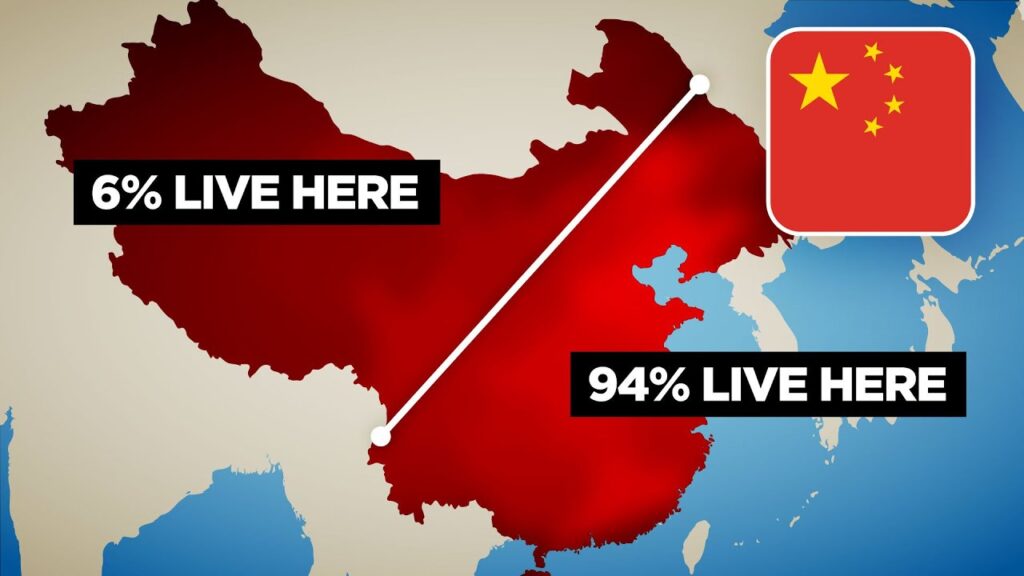
Introduction
China’s role on the global stage has expanded significantly in recent years, making it a pivotal player in international relations, trade, and global economics. In 2023, understanding China’s influence is crucial as it shapes not only regional dynamics but also global frameworks across various sectors. As the world’s most populous country and the second-largest economy, China continues to assert its presence through diplomatic ties, economic partnerships, and cultural initiatives, prompting countries worldwide to reevaluate their own positions and strategies.
The Rise of China’s Economic Power
China’s economic growth story is one of remarkable transformation. From a largely agrarian society 40 years ago to a manufacturing powerhouse, the country has utilized its vast labor force to dominate global markets. In 2023, China’s GDP is projected to reach approximately $17 trillion, solidifying its position as a key driver of global economic growth. Initiatives such as the Belt and Road Initiative (BRI) aim to expand China’s influence by investing in infrastructure projects across Asia, Africa, and Europe, facilitating trade and strengthening international relations.
Geopolitical Tensions and Diplomacy
While China’s growth has been beneficial in many aspects, it has also led to increased geopolitical tensions, particularly with Western nations. Issues surrounding human rights, territorial disputes in the South China Sea, and trade policies have raised concerns among countries like the United States and Canada. In 2023, China continues to engage in complex diplomatic negotiations, aiming to improve relations through multilateral platforms and economic cooperation, despite facing criticism and scrutiny on various fronts. China’s recent participation in global climate change agreements signifies a shift towards collaborative diplomacy, acknowledging its role in addressing global challenges.
Conclusion
As we move further into 2023, China’s global influence is poised to grow, shaping not only economic landscapes but also political alliances and international norms. Countries are compelled to navigate this new reality, balancing their relationships with China while asserting their own interests. The evolving dynamics will likely encourage a more multipolar world, where cooperation and competition coexist. Understanding China’s strategies and their implications is essential for policymakers, businesses, and individuals aiming to comprehend the future trajectory of global affairs.



